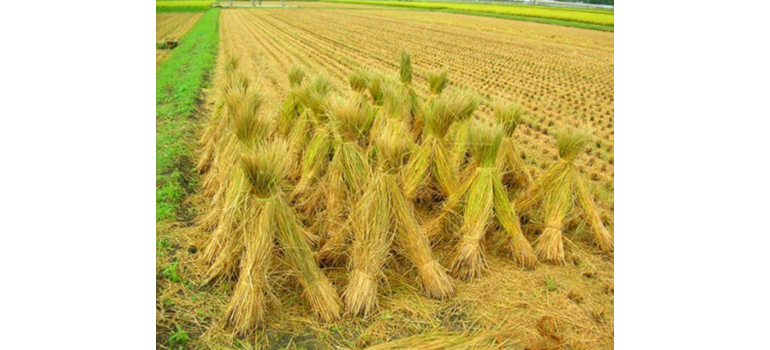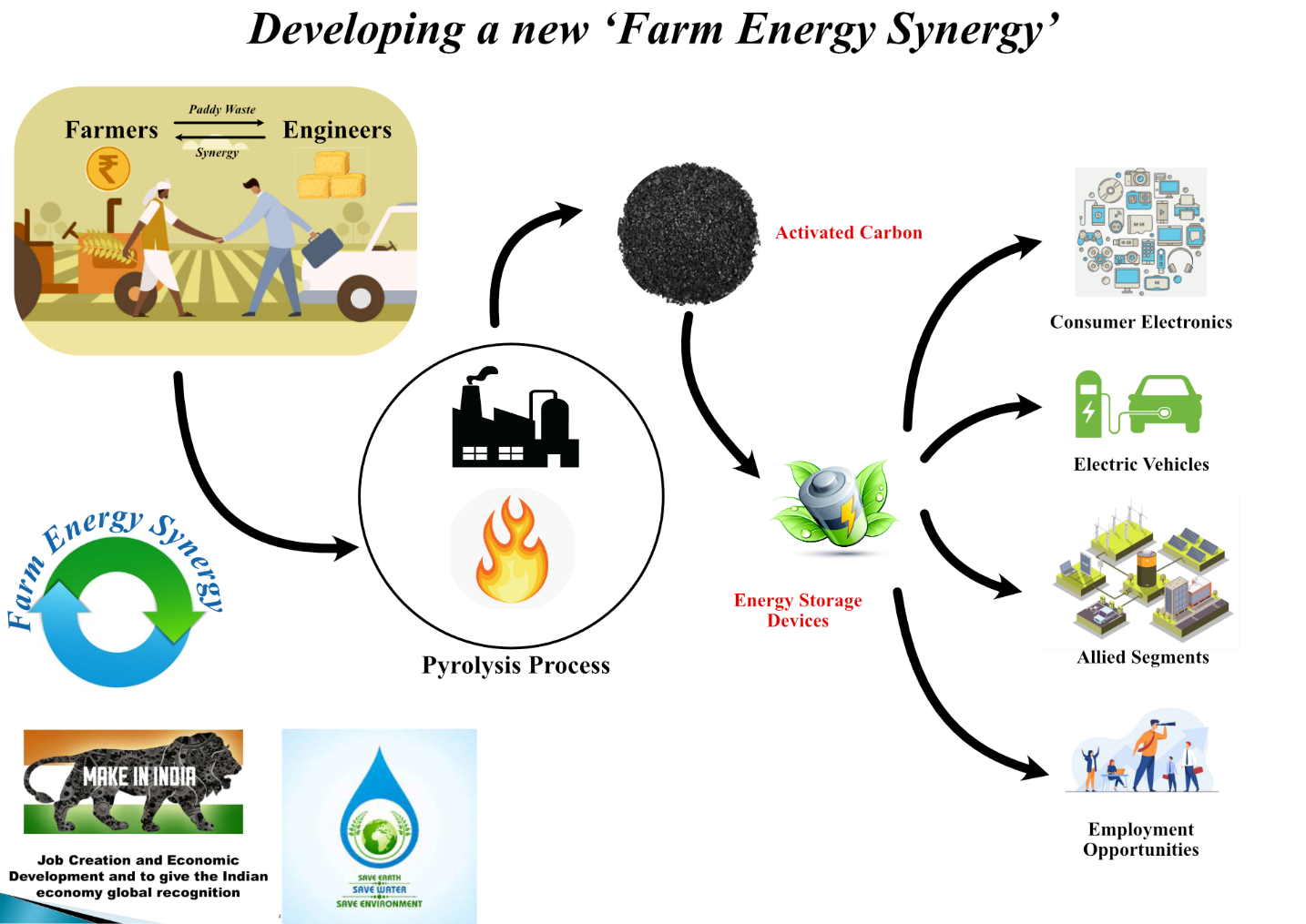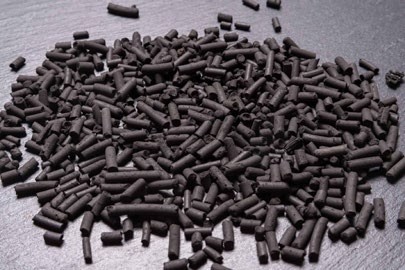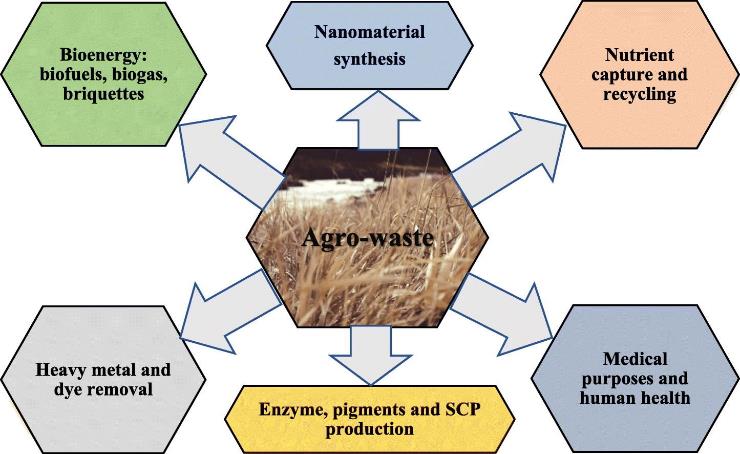
Indian Institute of Technology Madras (IIT Madras) Researchers plan to develop an eco-friendly technology to upcycle paddy waste to manufacture raw materials for industrial applications.
The technology will provide an additional source of income to farmers as paddy waste can be used to produce energy devices that can be used by the industry.This approach can make a key contribution to reducing stubble burning and burning of other farm waste in North India.
The Researchers are fostering a new ‘Farm-Energy Synergy’ through their work with organic waste, in-particular kitchen waste, to develop usable activated carbon, a key component in making supercapacitors.
Supercapacitors, made from activated carbon produced from paddy waste, have many benefits to consumers across the electronics, energy, and agricultural sectors and can help develop self-reliance in the supercapacitors field.
Self-reliance concerning supercapacitors and supercapacitor-based energy storage technology will enhance IP Generation and employment within the country.
Currently, the sheer quantum of paddy waste generated is 760 lakh metric tons per year in India. Farmers consider burning straw as the most low-cost and efficient alternative to tailing the straw into the soil. This results in substantial pollution and a severe ecological problem. Furthermore, burning reduces the potential utilization of biomass. The estimated loss for India alone is approximately Rs. 92, 600 crore associated with this approach to farm waste management.
IIT Madras Researchers have already demonstrated the conversion of bio-waste into biomass (such as vegetable waste) to activated carbonand have used it to make supercapacitor electrode materials. The same technology can be adapted to render paddy waste valid for activated carbon production. The future plan is to use the approach being followed to make activated carbon and explore scales of production.
Elaborating how the Industry can help in such projects with major societal benefits, Prof. Mahesh Panchagnula, Dean (Alumni and Corporate Relations), IIT Madras, said,“Agriculture still continues to be at the heart of India’s economy. This breakthrough technology that converts biomass such as paddy waste into activated carbon, will have a significant bearing on our health, environment and the economy.”
This Project is being headed by Dr. Tiju Thomas, Associate Professor, Department of Metallurgical and Materials, IIT Madras. The Institute is looking for CSR Partners to help scale up the project and benefit the country at large.
Explaining the key benefits of this technology, Dr. Tiju Thomas, IIT Madras, said,“The solution that we are identifying is a well-defined process. It will allow forconversion of paddy waste of the country to commercial standard carbon material and the use of the activated carbon to fabricate supercapacitors that comply with the market standard (e.g., ~4 Wh kg-1 for supercapacitors with <5 V range). The material will be implemented in the form of a suitable supercapacitor-based hybrid energy storage device.”
Dr. Tiju Thomas added,“Rendering the supercapacitors into a modular attachment will be helpful for energy solutions across the globe. Importantly, we would like to emphasize that this would be a unique, novel, and scalable farm-to-energy interface which would benefit farmers and the industrial segment at the same time. It has the potential to offer scalable benefits across the country. It would also enable the achievement of government visions, as per Paris Agreement on climate change, COP26 summit, Mission 2070, Montreal Protocol, and Kyoto Protocol, among others.”
This project could also enable India to make key contributions towards various UN Sustainable Development Goals including
Activated carbon is useful not only for the energy segment but also for water treatment and pharmaceutical segments and biochar production, among others. The devices that are being made in IIT Madras are useful for the energy segment and also for the mobility segment. For instance, electric vehicles could benefit from using supercapacitors made in the lab on campus.




Original News Link
https://pib.gov.in/PressReleasePage.aspx?PRID=1911732